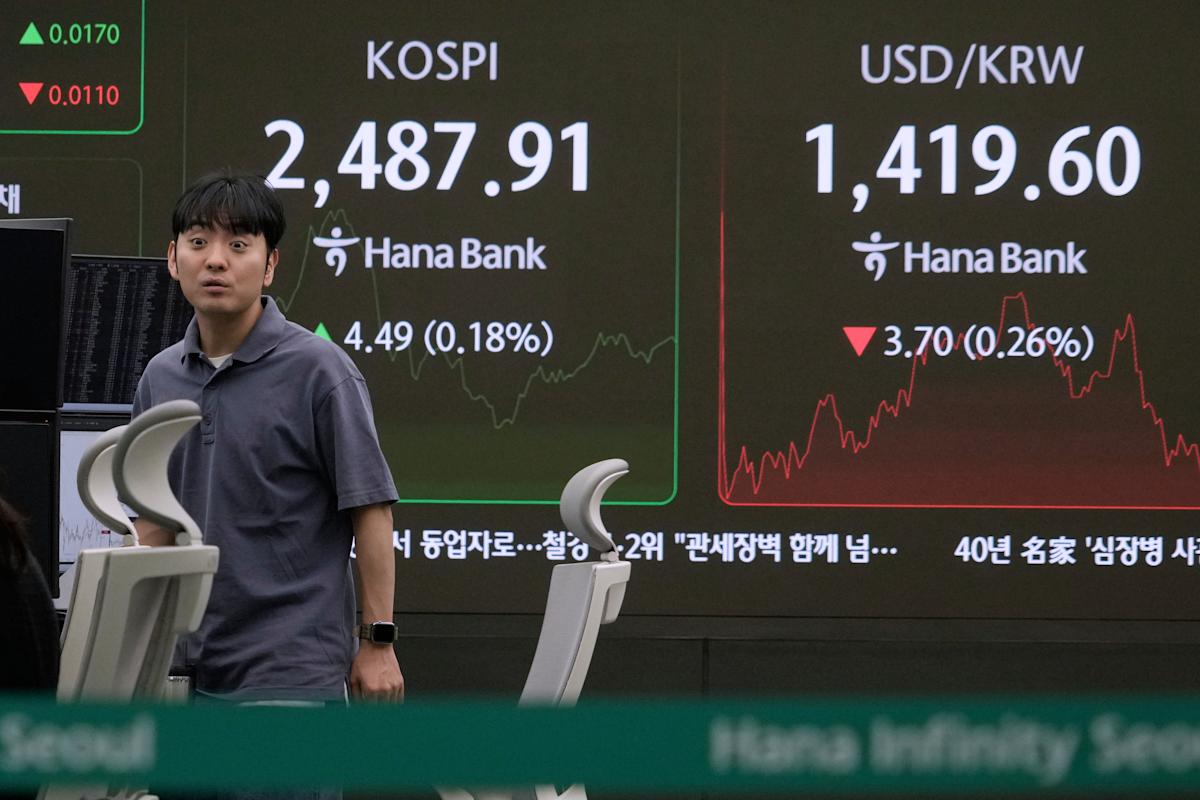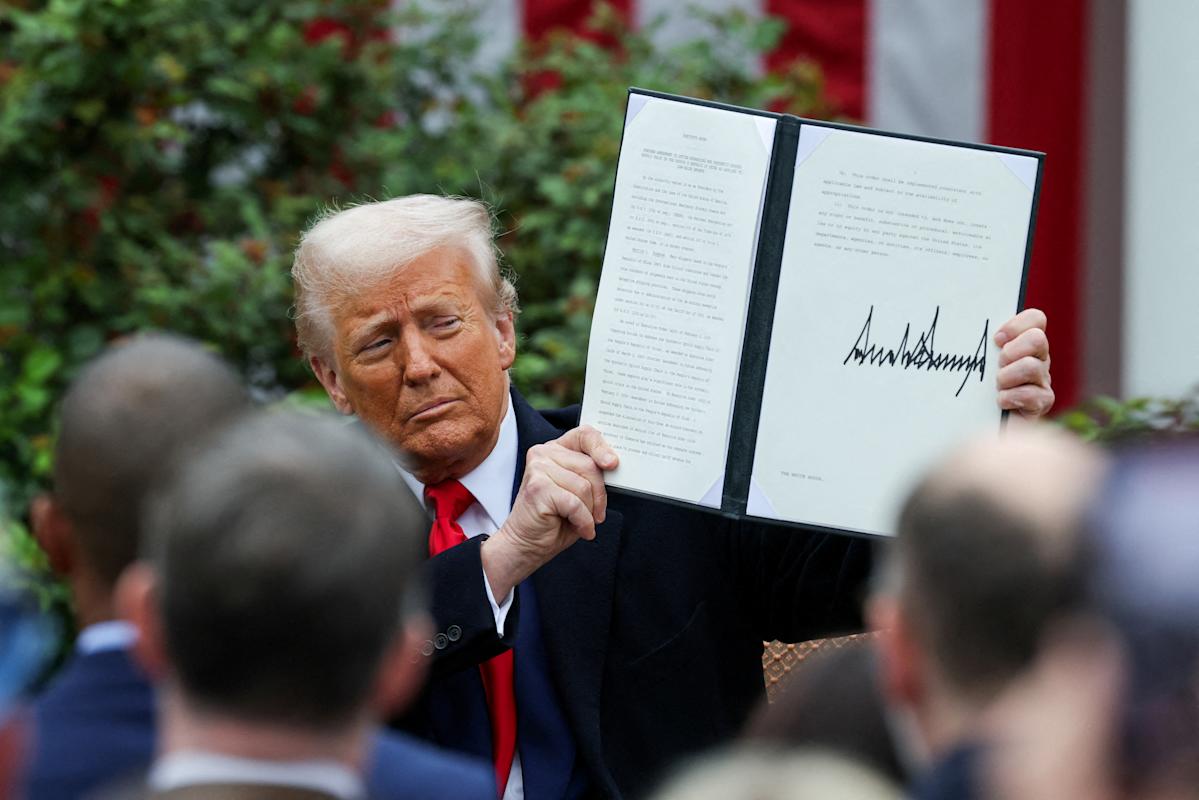Dollar's Global Exodus: How U.S. Fiscal Stability Hangs in the Balance
Finance
2025-04-13 13:55:22Content

The United States dollar's global supremacy grants an extraordinary financial advantage, allowing the nation to sustain unprecedented levels of national debt and economic deficits. This unique monetary privilege comes with a critical caveat: a potential collapse of the dollar's dominance could trigger a catastrophic economic meltdown with far-reaching global consequences. The currency's unparalleled status enables economic flexibility that few other nations can match, but simultaneously exposes the country to significant systemic risks if its monetary standing were to dramatically shift.
The Dollar's Precarious Throne: Navigating the Global Financial Tightrope
In the intricate world of international finance, the United States dollar stands as a colossus, wielding unprecedented economic influence that stretches far beyond its geographical borders. This monetary behemoth has long been the cornerstone of global trade, investment, and financial stability, but its seemingly unassailable position is increasingly under scrutiny by economic experts and geopolitical strategists alike.The High-Stakes Game of Global Currency Dominance
The Architectural Foundations of Dollar Supremacy
The dollar's global dominance is not merely a coincidence but a meticulously constructed financial ecosystem. Since the Bretton Woods Agreement of 1944, the United States has strategically positioned its currency as the primary medium of international transactions. This isn't just about printed paper, but a complex network of financial relationships, trade agreements, and geopolitical alignments that have cemented the dollar's central role in the global economy. The mechanism of dollar hegemony extends far beyond simple currency exchange. It represents a sophisticated system of economic leverage, where the United States can effectively project economic power through monetary policy. Central banks worldwide hold massive dollar reserves, creating an intricate web of financial interdependence that makes challenging the dollar's supremacy an extraordinarily complex endeavor.Potential Vulnerabilities in the Global Financial Landscape
Despite its current strength, the dollar faces unprecedented challenges from emerging economic powers. Countries like China and Russia have been actively exploring alternative financial systems that could potentially undermine dollar dominance. These efforts include developing independent payment mechanisms, bilateral trade agreements that bypass traditional dollar-denominated transactions, and creating alternative reserve currencies. The geopolitical tensions surrounding these developments are profound. Each attempt to create an alternative financial infrastructure represents not just an economic strategy, but a direct challenge to the United States' global economic leadership. The potential fragmentation of the current monetary system could trigger cascading economic consequences that are difficult to predict or manage.Economic Implications of Potential Dollar Destabilization
A significant dollar decline would have catastrophic ripple effects across global markets. The United States' ability to sustain extraordinarily high national debt levels is directly tied to the dollar's global reserve status. Should this status be substantially compromised, the economic repercussions would be seismic, potentially triggering a global financial restructuring of unprecedented magnitude. The interconnectedness of modern financial systems means that a dollar crisis would not be contained within U.S. borders. Emerging markets, which have substantial dollar-denominated debt, would be particularly vulnerable. The potential for economic disruption extends to global trade, investment flows, and the fundamental mechanisms of international financial transactions.Technological Disruption and Monetary Evolution
The rise of digital currencies and blockchain technologies introduces another layer of complexity to the dollar's future. Cryptocurrencies and central bank digital currencies represent potential technological challenges to traditional monetary systems. These innovations could fundamentally reshape how international transactions are conducted, potentially creating alternative pathways that circumvent traditional dollar-dominated financial infrastructures. The technological frontier of monetary systems is rapidly evolving, with potential implications that extend far beyond current economic paradigms. The intersection of geopolitical strategy, technological innovation, and monetary policy creates a dynamic and unpredictable landscape for the world's premier reserve currency.RELATED NEWS
Finance

Reviving American Manufacturing: A Bold Blueprint for Industrial Renaissance
2025-03-13 14:00:00







